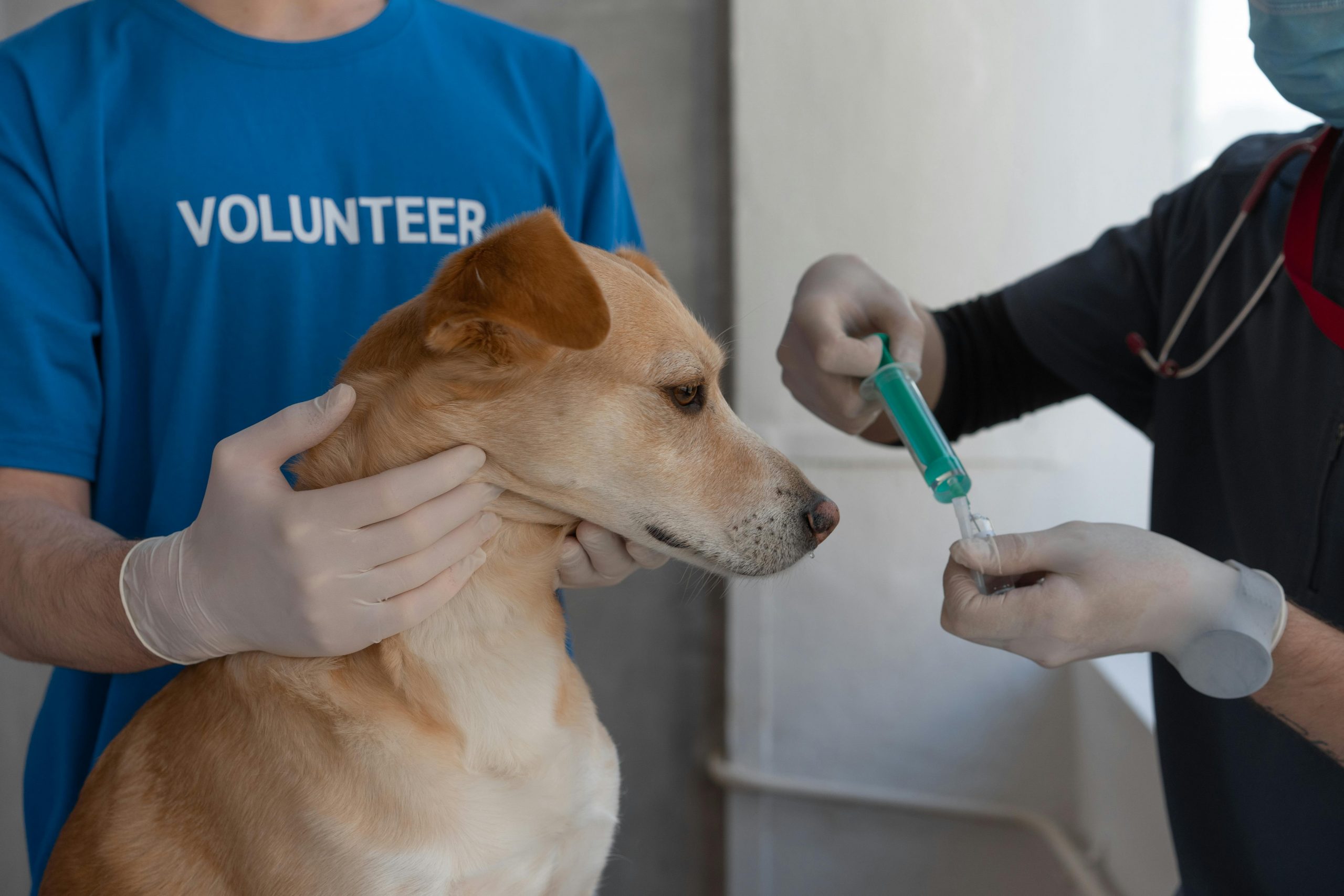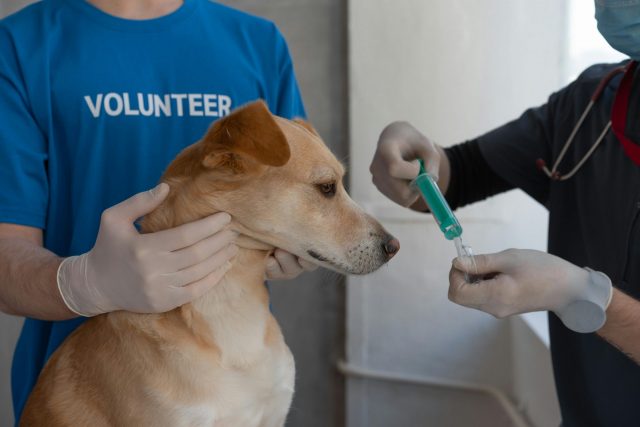Vaccinations are a fundamental aspect of ensuring your dog’s health and well-being. These medical marvels have been pivotal in drastically reducing the incidence of infectious diseases in humans and our canine companions. Vaccinations stimulate the immune system to recognize and combat specific pathogens, providing your dog with the necessary defenses to fight off infections. The importance of vaccinations for your dog cannot be overstated, as they play a crucial role in safeguarding your pet from potentially fatal diseases.
In this article, we will delve into why vaccinations are essential for your dog’s health, differentiate between core and non-core vaccines, outline vaccination schedules, discuss potential risks and side effects, evaluate the cost-benefit of vaccinations, and highlight how vaccinating your dog contributes to the broader community’s health.


